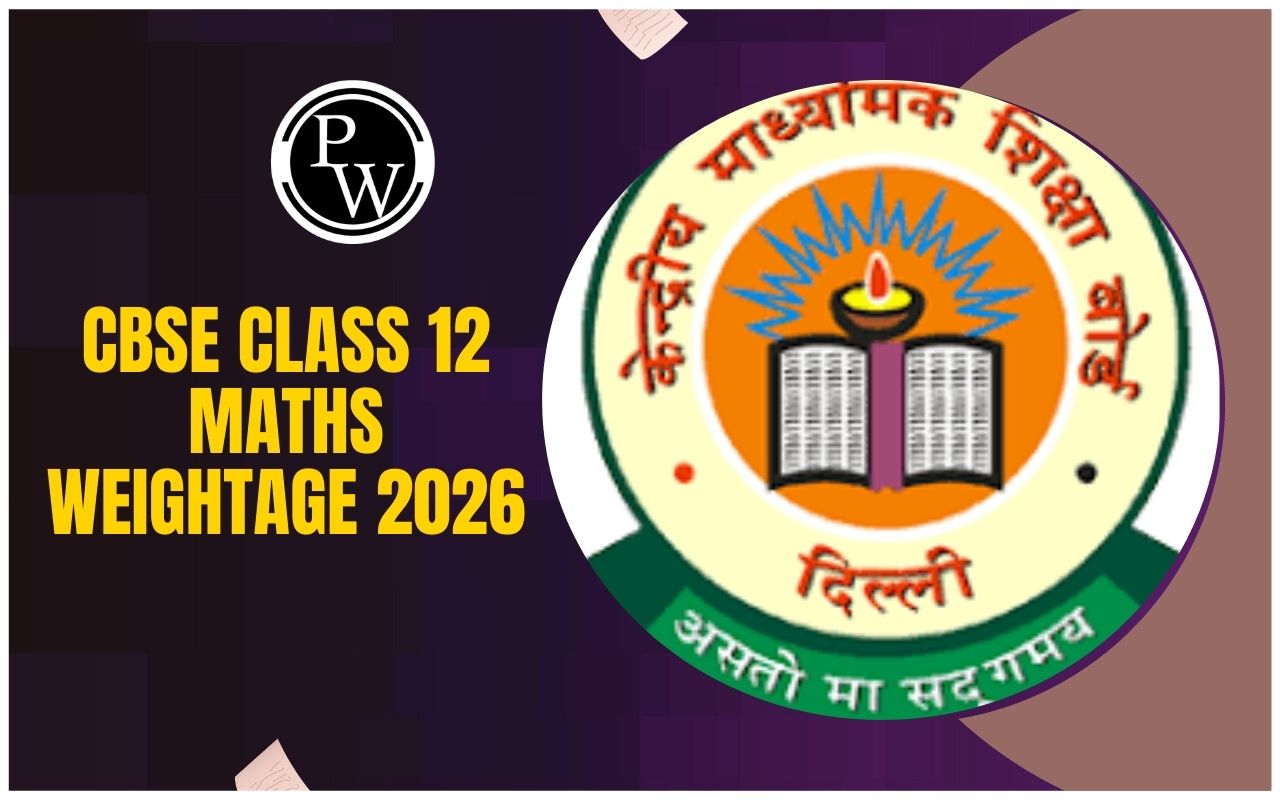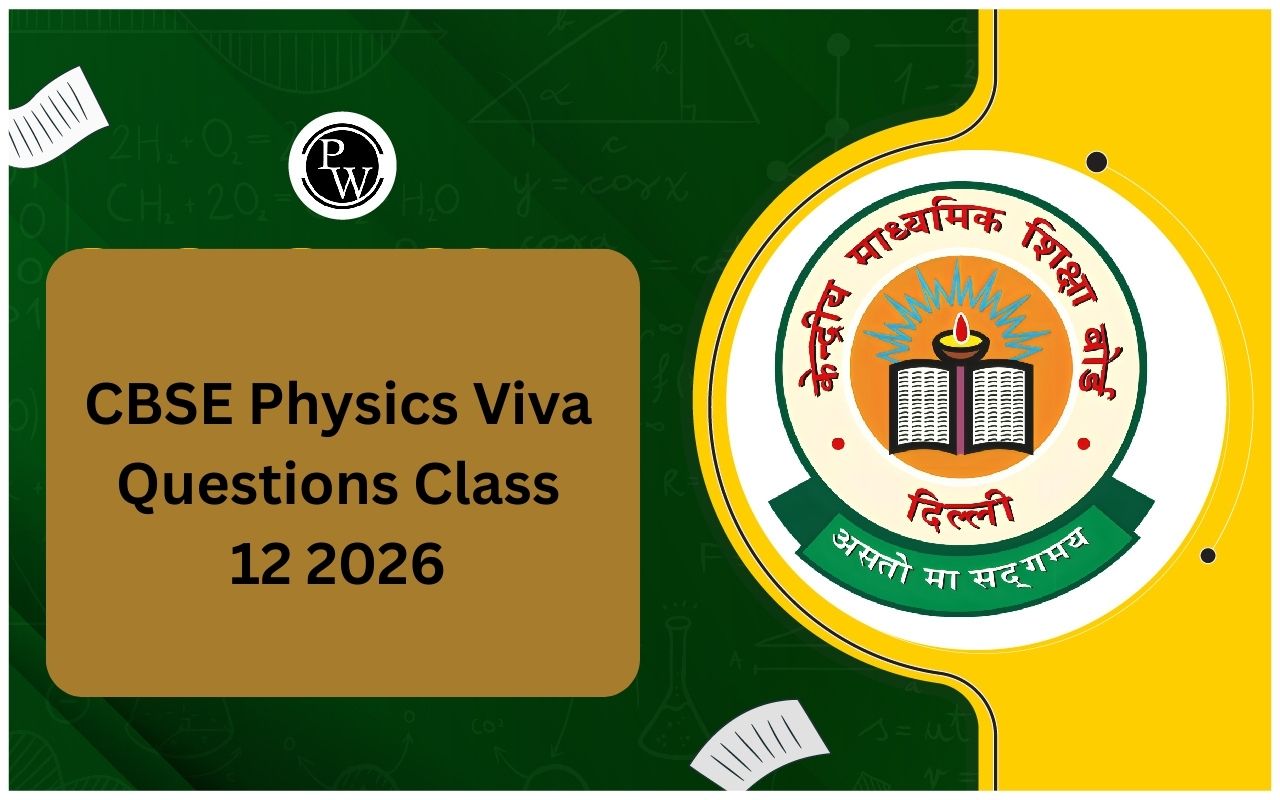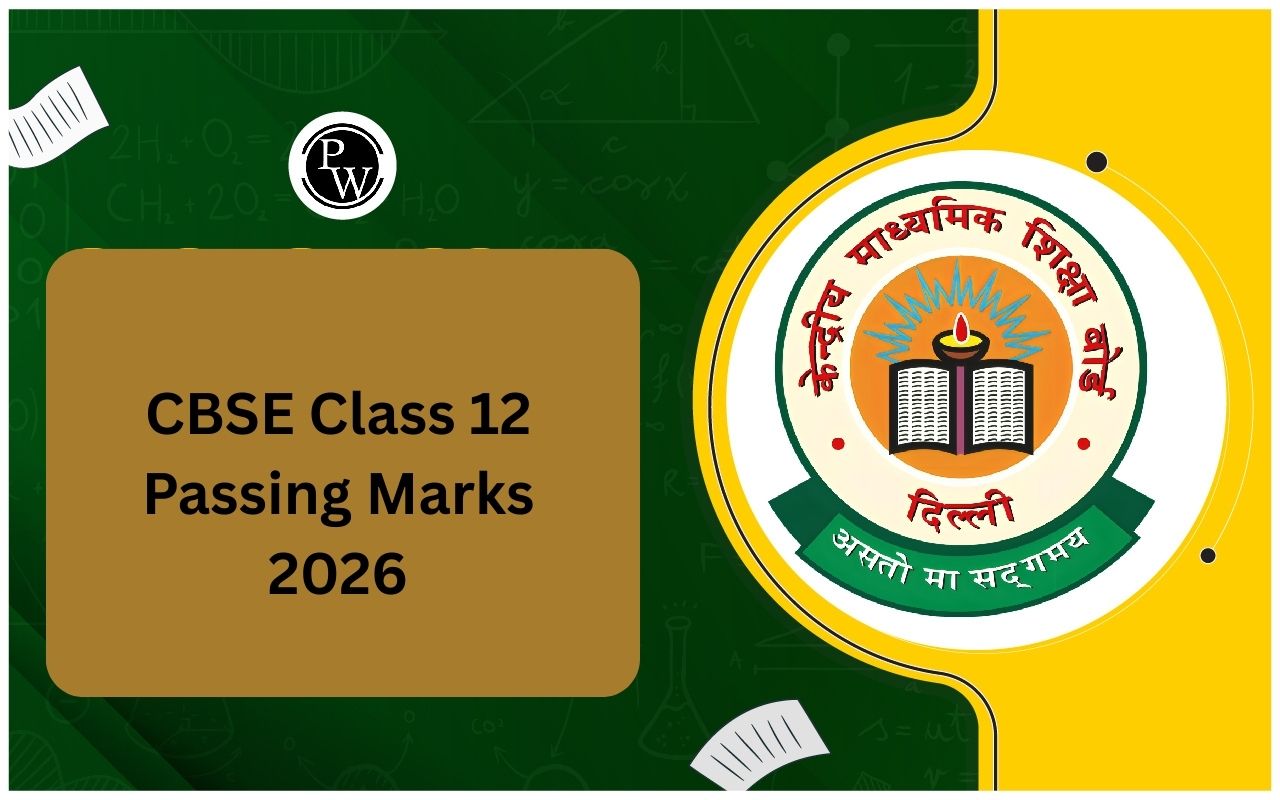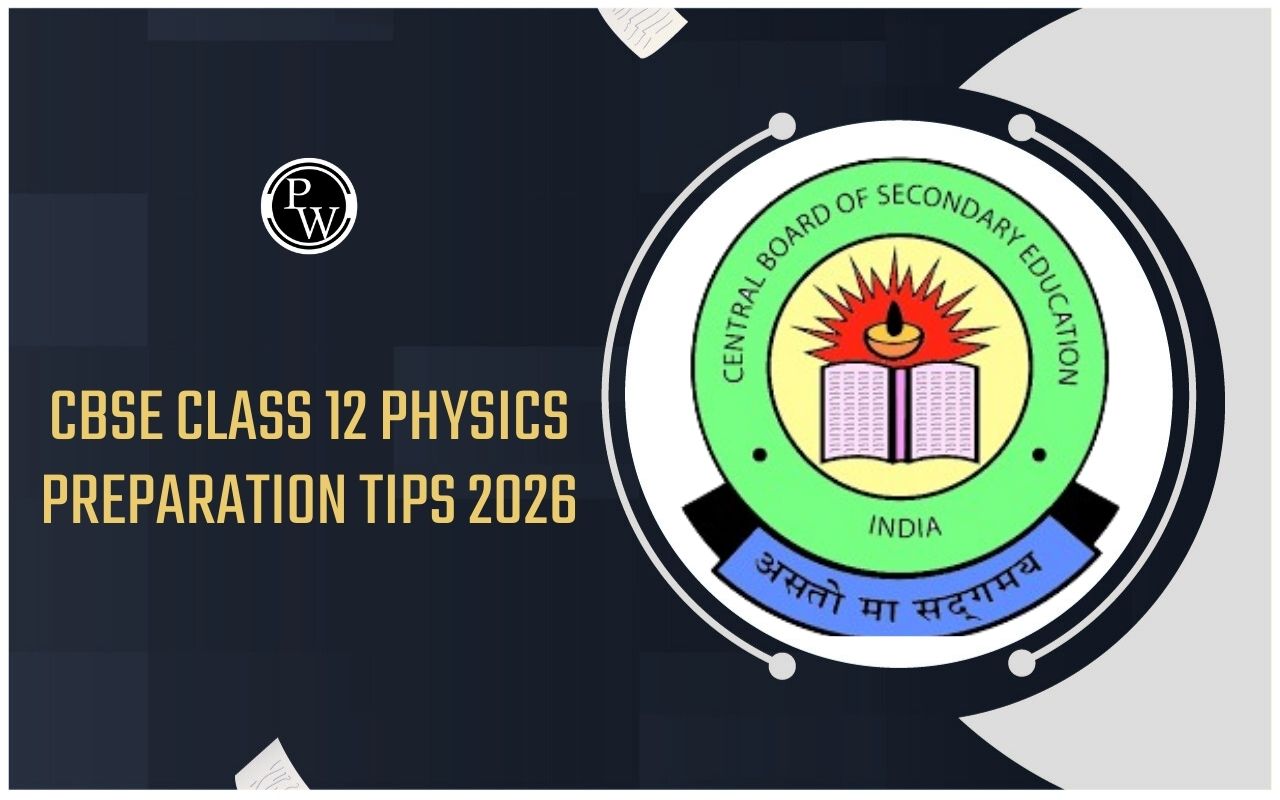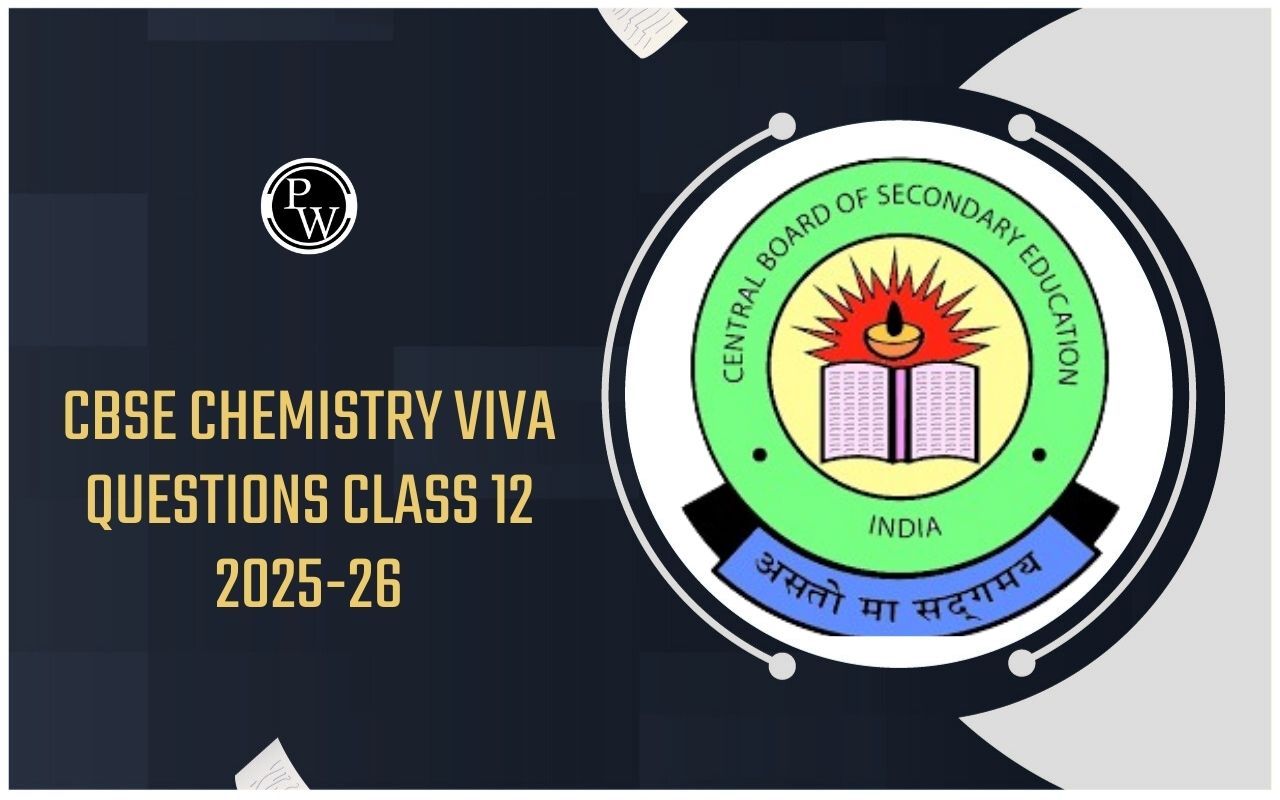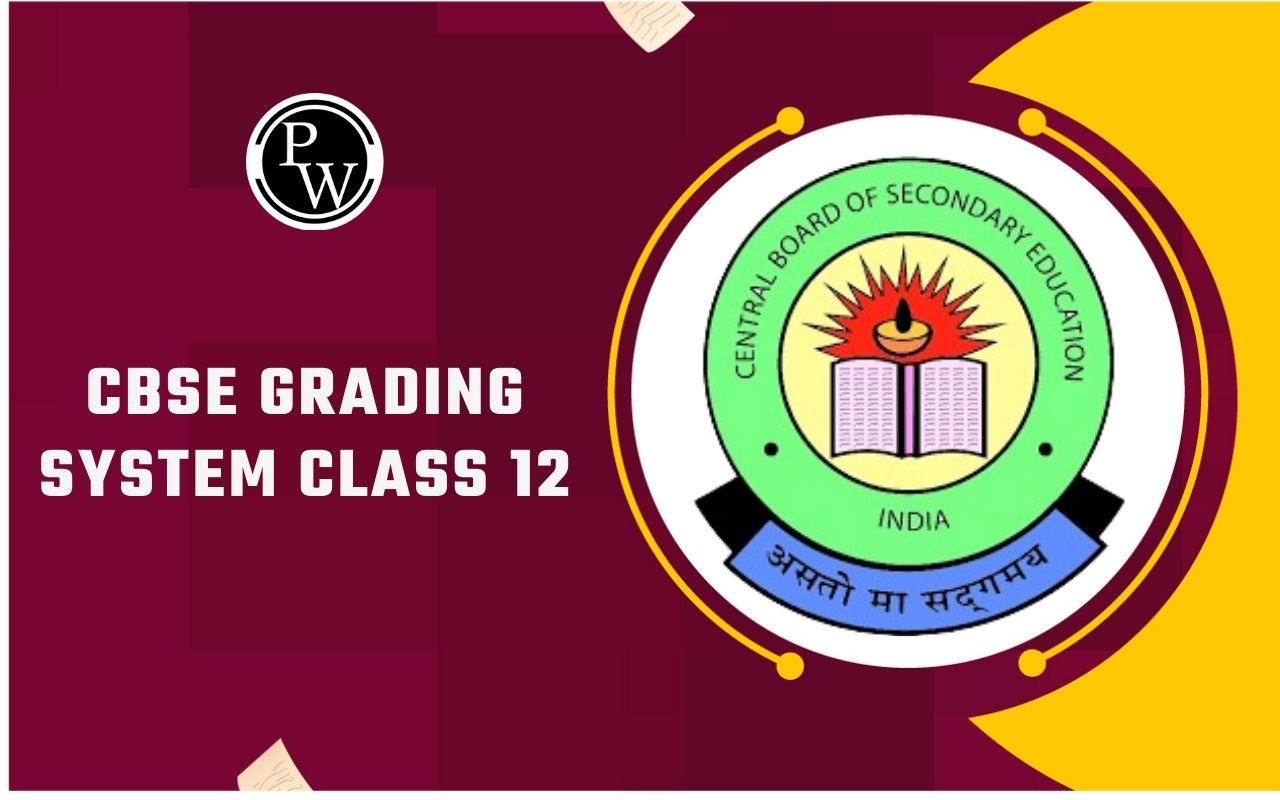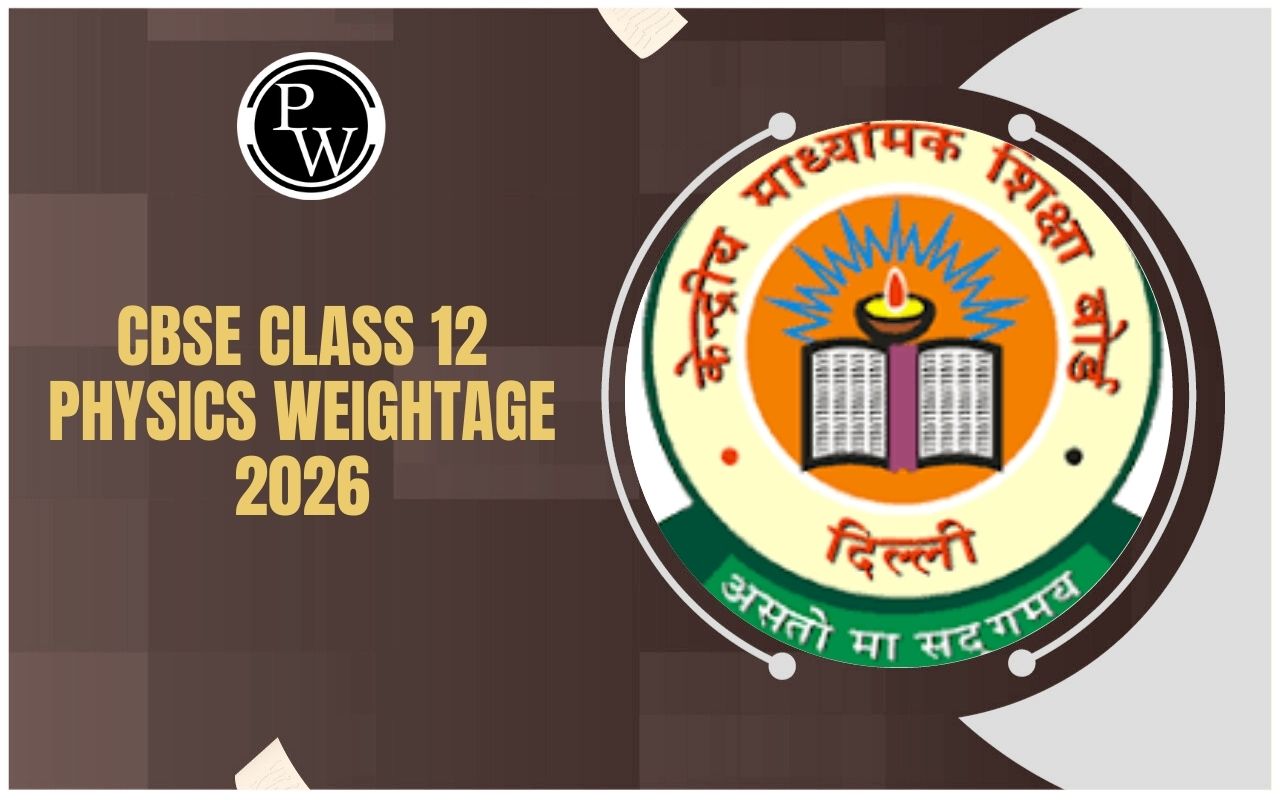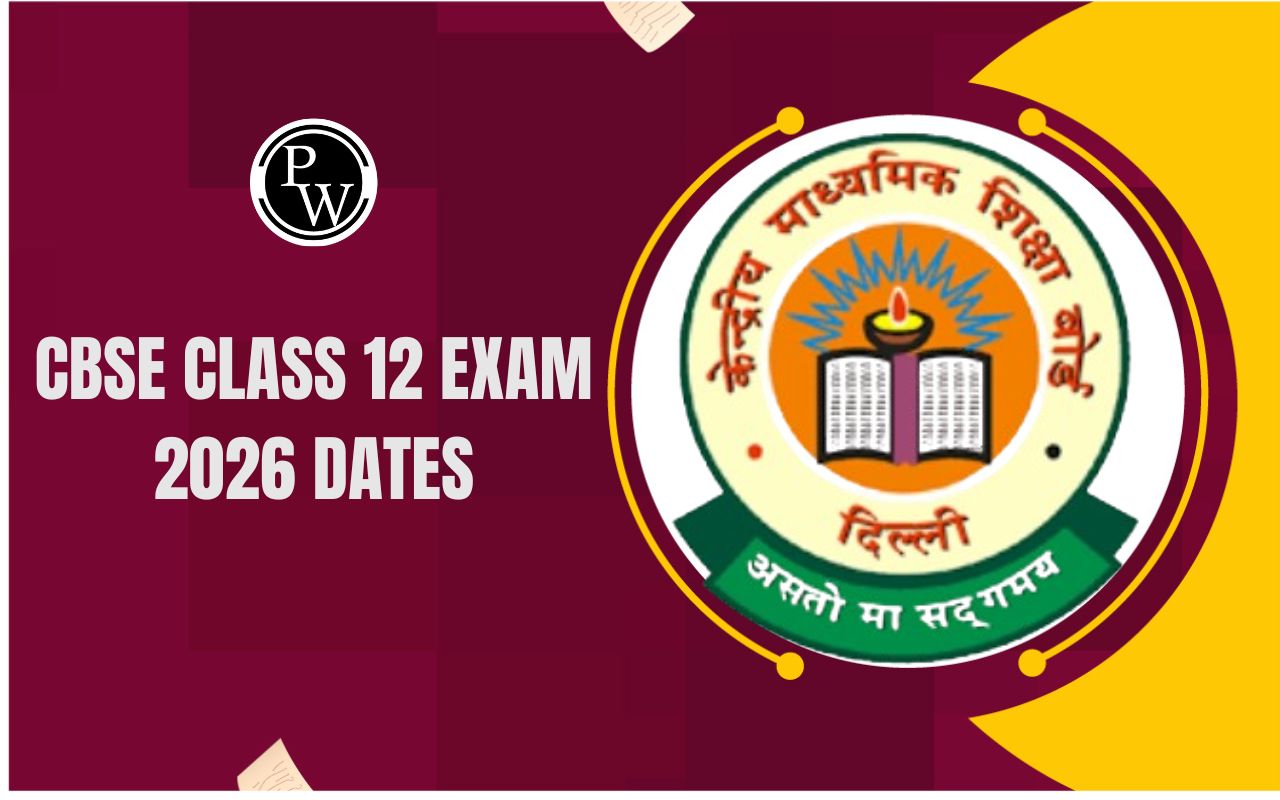
NCERT Solutions for Class 12 Biology Chapter 3: NCERT Solutions for Class 12 Biology Chapter 3 Reproductive Health focus on the importance of maintaining reproductive health in individuals and society. This chapter covers various aspects, including reproductive health problems, family planning methods, contraceptive devices, and the role of education and awareness in controlling population growth.
It also highlights the significance of medical facilities, reproductive technologies, and government initiatives in ensuring the well-being of individuals. These solutions provide detailed explanations to help students understand the biological and social aspects of reproductive health, enabling them to approach board exam questions confidently.NCERT Solutions for Class 12 Biology Chapter 3 Overview
Reproductive health refers to the overall well-being of individuals in matters related to their reproductive system, including physical, mental, and social aspects. Chapter 3 of the Class 12 Biology syllabus explains the importance of maintaining reproductive health for individuals and society.NCERT Solutions for Class 12 Biology Chapter 3 PDF
The NCERT Solutions for Class 12 Biology Chapter 3 PDF provides detailed answers and explanations for the chapter Reproductive Health. You can access the PDF link below for easy download and offline study.NCERT Solutions for Class 12 Biology Chapter 3 PDF
1. What is the significance of reproductive health in society?
Ans-
Reproductive health means the complete well-being of a person in all aspects of reproduction, including physical, emotional, and social health. It helps prevent the spread of sexually transmitted diseases (like AIDS and gonorrhea) and avoids complications from unwanted pregnancies. Educating young people about reproductive health, safe practices, and equality ensures a healthier and more aware society. It also helps control population growth and reduces social problems like gender inequality.2. What aspects of reproductive health need special attention today?
Ans-
Key areas needing focus are:- Educating people on reproductive and child health.
- Promoting safe practices and hygiene during adolescence.
- Teaching about sexually transmitted diseases and their prevention.
- Introducing sex education in schools to clear myths and misconceptions.
- Supporting family planning, maternal care, and gender equality.
3. Is sex education necessary in schools? Why?
Ans-
Yes, sex education is very important in schools because:- It clears doubts and myths about reproductive topics.
- Teaches adolescents about reproductive organs and safe practices.
- Helps prevent sexually transmitted diseases and promotes healthier lives.
4. Has reproductive health improved in the last 50 years in India?
Ans-
Yes, reproductive health has improved significantly. For example:- Infant and maternal mortality rates have decreased due to better healthcare.
- More people are aware of family planning and use contraceptives.
- Immunization programs have improved child health.
5. What causes population explosion?
Ans-
Population explosion is caused by:- Increased birth rates and life expectancy.
- Decreased death rates due to better healthcare and disease control.
6. Is the use of contraceptives justified?
Ans-
Yes, contraceptives are justified because they help control population growth and prevent unwanted pregnancies. They also reduce the spread of sexually transmitted diseases, promoting better health and well-being.7. Why can’t removing gonads be a contraceptive method?
Ans-
Removing gonads leads to infertility and stops the production of important hormones needed for normal reproductive functions. Contraceptives are meant to prevent pregnancy temporarily, not permanently affect a person's reproductive ability.8. Why is amniocentesis for sex determination banned in India?
Ans-
Amniocentesis, meant for detecting genetic disorders, was misused for determining a child’s gender, leading to female foeticide. To stop this harmful practice, the government banned its use for sex determination.9. What methods can help infertile couples have children?
Ans-
Assisted Reproductive Technologies (ART) can help, such as:- IVF (In Vitro Fertilization): Fertilizing an egg in a lab and transferring the embryo to the mother.
- GIFT (Gamete Intrafallopian Transfer): Transferring eggs and sperm to the fallopian tube for natural fertilization.
- Artificial Insemination (AI): Injecting healthy sperm into the uterus or vagina.
- Surrogacy: Transferring an embryo to another woman who carries the baby.
10. How can sexually transmitted diseases (STDs) be prevented?
Ans-
To avoid STDs:- Avoid sharing needles or surgical equipment.
- Use condoms during sexual intercourse.
- Avoid unprotected sex with unknown or multiple partners.
- Seek medical help early if symptoms appear.
11. True/False with explanations:
Ans-
(a) Abortions can happen naturally. (True)
(b) Infertility is always due to female issues. (False) - It can be caused by problems in males or females.
(c) Breastfeeding can act as contraception. (True) - But only for about six months after childbirth.
(d) Awareness of sex-related issues improves reproductive health. (True)
12. Correct the following statements.
(a) Surgical methods of contraception prevent gamete formation.
(b) All sexually transmitted diseases are completely curable.
(c) Oral pills are very popular contraceptives among rural women.
(d) In E. T. techniques, embryos are always transferred into the uterus.
Ans-
- Surgical methods of contraception prevent gamete flow during the act of intercourse.
- Some STDs can be cured if detected early and treated appropriately. But AIDS still remains to be incurable.
- Oral pills are very popular contraceptives among urban women.
- In embryo transfer (E.T.) techniques, the 8-celled embryos are transferred into the fallopian tube. Whereas more than 8-celled embryos are directly transferred to the uterus.
Benefits of Solving NCERT Solutions for Class 12 Biology Chapter 3
- Clear Concept Understanding : These solutions simplify complex topics related to reproductive health, making it easier to grasp concepts like contraceptives, sexually transmitted diseases (STDs), and assisted reproductive technologies (ART).
- Exam Preparation : The solutions are written in a structured way, focusing on questions that are often asked in exams, helping students score better marks.
- Confidence Building : By practicing these solutions students can strengthen their understanding of the chapter, boosting their confidence in answering any related question.
- Practical Knowledge : The chapter discusses real-world issues, like population control and reproductive awareness, which are relevant to daily life and society.
- Time Management : Practicing these solutions helps students learn how to manage their time effectively during exams by focusing on important topics.
NCERT Solutions for Class 12 Biology Chapter 3 FAQs
What is reproductive health?
Why is reproductive health important?
What are sexually transmitted diseases (STDs)?
What are contraceptives, and why are they used?

